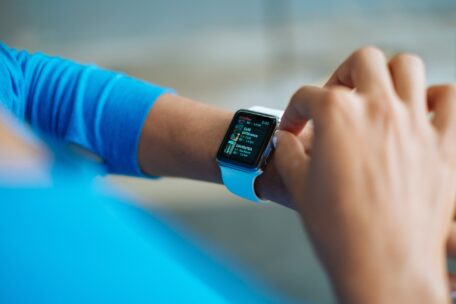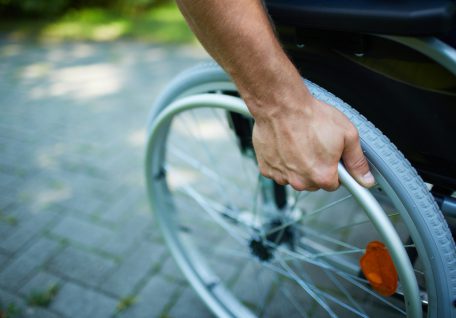Smartwatches are readily available today, a large population relies on them for information on energy expenditure, sleep tracking, step count and tracking variables on training progression over time etc. But how accurate are these measurements?

Exact studies are hard to cite due to the vast number of brands and constant new releases of smartwatches. However, upon reviewing the systematic literature on the accuracy of wearable devices the general consensus is that they’re prone to inaccuracy, with a tendency to over or underestimate. For example, if the exercise is more anaerobic, the energy expenditure gets underestimated by these watches due to the calculations and algorithms behind the software.
Depending on your heart rate, movements etc. the amount of kilojoules expended will be adjusted. However, if it relays the same measurement for the same exercise every time, it’s potentially a reliable measure to track the intensity of your training.
Smart watch algorithms get more accurate over time as they adjust to your workload and heart rates in certain circumstances, different exercise intensities etc. The exact number may not be accurate but it may help you work out if you’re doing more or less than you previously were. For example, you can monitor your heart rate zones, total distance or speed and try to slowly improve that over time. If you consistently use the watch, it can show increased or decreased energy expenditure week to week which can be beneficial when trying to increase healthy habits.

Similarly, energy expenditure on cardio equipment in the gym is estimated based on exercise intensity and heart rate but the amount of kilojoules burned is going to vary for individuals based on body type, body size, fitness levels, hydration status or nutrition status ie if you’re fasted or well fed.
Using the kilojoules burned metric as a tool for calories isn’t recommended but in terms of monitoring your average kilojoules for the day if you find your average increases as you begin adding more steps and intensifying your workouts over time, you can likely trust that you’re burning more kilojoules in general, than you used to be. If aiming to lose weight, regularly measuring body weight and then reflecting the activity metrics on your watch can show if you need to increase movement or decrease calories accordingly.
If you’re looking at weight loss, muscle gain or fitness improvements finding other ways to measure your progress, time trials, speeds, weight etc is going to be a better metric than smart watch metrics. Consistency is always the most important!









